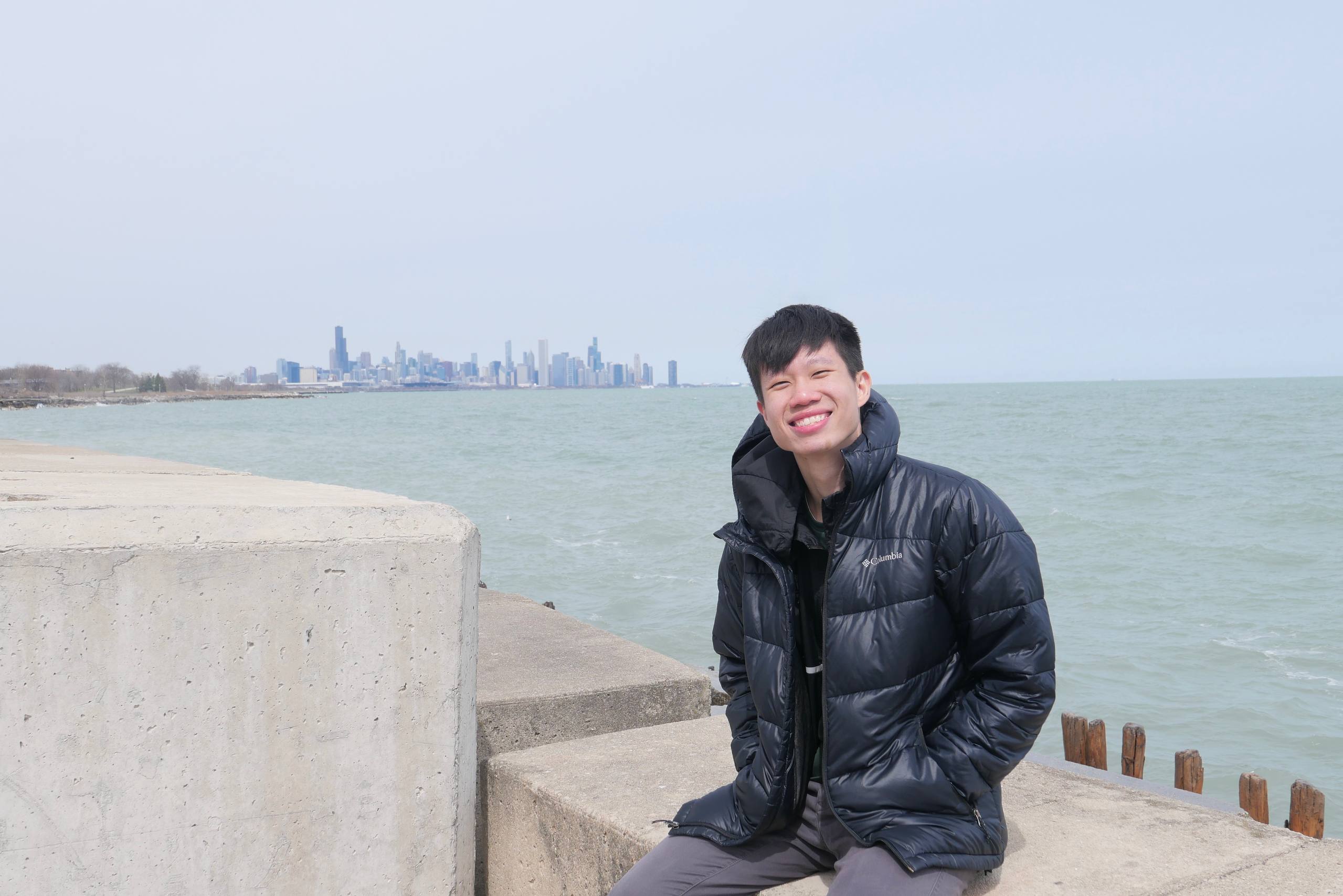
I chose to pursue a major in Data Science and Economics under NUS Mathematics as it allowed me to pursue my interdisciplinary interests in two increasingly intertwined disciplines, while also offering the academic rigour that would allow me to learn both theoretical and practical knowledge. Combining the computational skillset of data science with its applications in economics and finance was a strong confluence of two of my interests, where I enjoyed using numerical and analytical skills to dive into dynamic real-world markets.
I was also given the opportunity to pursue SEP at KTH in Stockholm, which allowed me to explore the diametrically opposed lifestyle of living in a Scandinavian country. While Stockholm and Singapore are highly alike in terms of development and their bustling nature in the metropolis, they are also polar opposites in terms of way of life, such as Sweden’s culture of fika, a Swedish tradition of taking a tea break to step away from work. SEP allowed me to not only enjoy an escape from the tropics, but to also immerse myself in a different culture and explore the world beyond the Singapore education system.
On top of that, I had the opportunity to represent NUS at the 2025 Econometrics Competition at University of Chicago, which involved using real-world datasets to engage in causal inference in a condensed 12-hour time frame. This was not only a rare chance to translate our theoretical understanding of econometrics into hands-on empirical analysis, a skillset immensely useful in professional settings involving actual operational applications, but it also provided an opportunity to learn from the diverse approaches of international teams, as I was inspired both by the creativity of the insight gleaned from the same dataset as well as by the rigour and robustness of the approaches used to draw their conclusions.
To prospective students who are considering NUS Mathematics for their undergraduate education, I would encourage you to make the most of the opportunities available as a student that will not come again after university. Beyond meeting graduation requirements, university may also be the last opportunity for many of us to explore, learn, and grow before entering the working world. Once you graduate – which seems to happen in the blink of an eye – it will be hard to come by the same time, freedom, and community to pursue these experiences again.
-
Meet Nguyen Anh Duc – Bachelor of Science, Mathematics (Hons) – Winner of the INFORMS Undergraduate Operations Research Prize 2024 and Lijen Industrial Development Medal 2025July 21, 2025
-
Meet Qin Haichen – Bachelor of Science, Mathematics (Hons) – Winner of the Lim Soo Peng Prize 2025July 07, 2025
